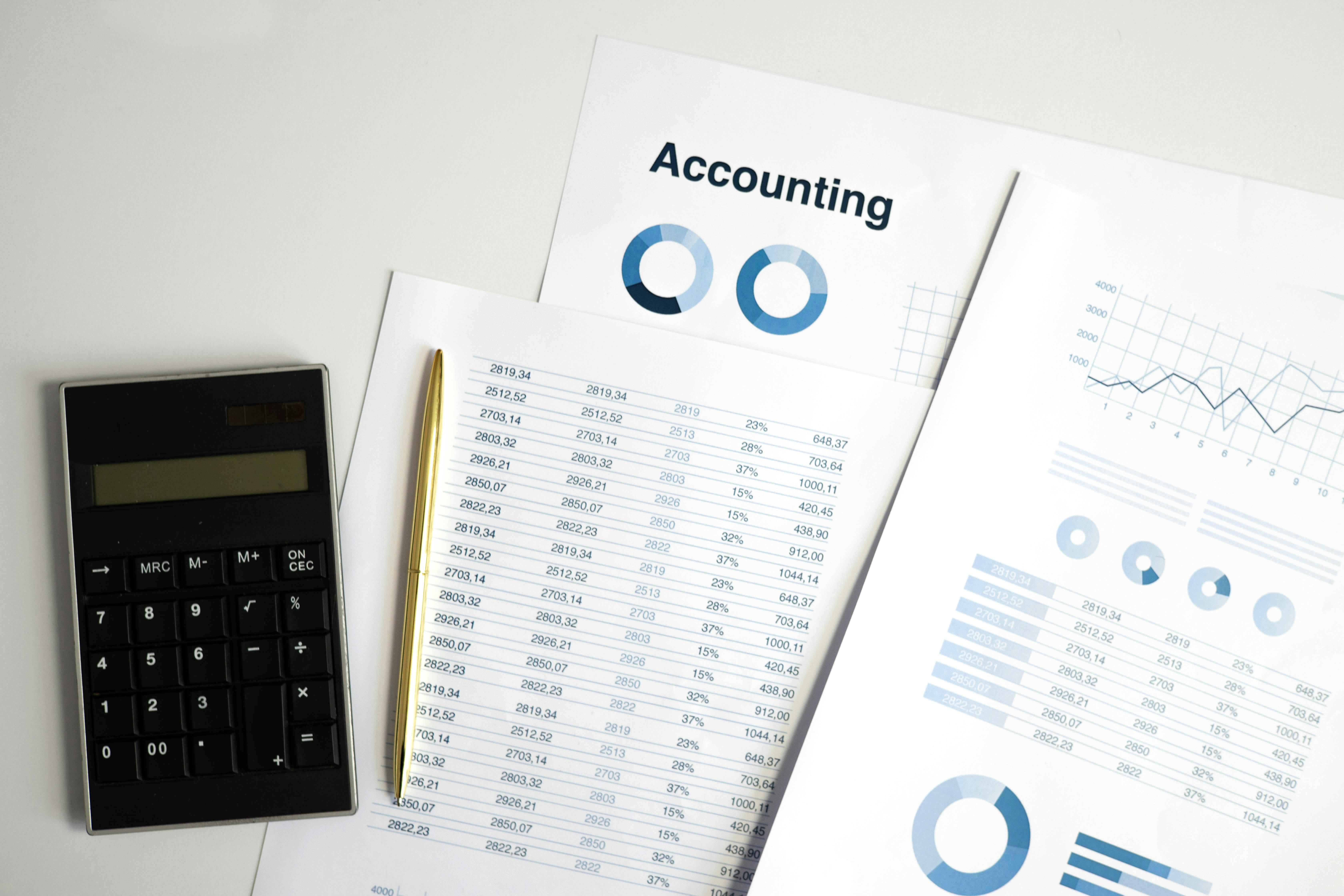The Impact of the IRS’s New Digital Asset Reporting Requirements

Introduction
In recent years, the IRS has significantly tightened reporting regulations for digital assets, including cryptocurrencies and NFTs. The 2025 updates aim to enhance transparency and prevent tax evasion in the rapidly evolving digital economy. These new requirements have serious implications for investors, businesses, and exchanges, making it essential to understand and comply with the latest rules.
This article outlines the IRS’s new digital asset reporting requirements, who is affected, and how to ensure compliance while minimizing tax risks.
1. Overview of the IRS’s New Reporting Rules
The IRS has expanded its definition of digital assets to include:
- Cryptocurrencies (e.g., Bitcoin, Ethereum)
- Stablecoins (e.g., USDT, USDC)
- Non-fungible tokens (NFTs)
- Other blockchain-based tokens with financial value
Under the new rules, brokers, exchanges, and digital asset service providers are required to report transactions involving digital assets to the IRS.
2. Key Reporting Requirements for Individuals and Businesses
a) New 1099-DA Form
- Brokers and exchanges must issue a Form 1099-DA to report gross proceeds from digital asset sales.
- This form is similar to the traditional 1099-B used for stock transactions.
- Taxpayers will also receive copies to assist in accurate tax reporting.
b) Expanded Definition of Brokers
- The IRS now classifies decentralized exchanges, wallet providers, and certain DeFi platforms as "brokers" under tax law.
- These platforms must track and report transactions exceeding $10,000.
c) Self-Reporting of Digital Asset Income
- Taxpayers must continue to report all digital asset income, including:
- Sale of digital assets
- Crypto-to-crypto trades
- Use of crypto for purchases
- Staking and mining rewards
3. Reporting NFTs and Digital Art
- The IRS now treats NFTs as digital assets subject to the same reporting rules as cryptocurrencies.
- Creators and sellers must report gains from NFT sales, and buyers may owe tax if they later sell the NFT at a profit.
- Royalties earned from NFT sales must also be reported as ordinary income.
4. Penalties for Non-Compliance
- Failure to report digital asset transactions can result in substantial penalties and interest.
- Intentional underreporting may lead to civil fraud penalties and potential criminal prosecution.
- Brokers that fail to issue Form 1099-DA can face severe fines.
5. Strategies to Ensure Compliance
- Maintain detailed records of all digital asset transactions, including date, value, and counterparties.
- Report all income, gains, and losses accurately on tax returns.
- Use professional tax software or consult experts for assistance with complex crypto activities.
- If you’ve failed to report past digital asset transactions, consider using the IRS’s Voluntary Disclosure Program to minimize penalties.
6. Common Mistakes to Avoid
- Assuming small transactions are non-taxable—even minor trades must be reported.
- Failing to track crypto-to-crypto transactions, which are taxable events.
- Ignoring NFT sales and royalties as taxable income.
- Overlooking the need to report airdrops, staking rewards, or mining income.
Conclusion
The IRS’s new digital asset reporting requirements mark a significant shift in tax compliance for crypto investors and digital asset holders. Accurate reporting is essential to avoid penalties and remain compliant with evolving regulations.
Tax Partners can assist individuals and businesses in navigating the complexities of digital asset taxation, ensuring complete compliance while optimizing tax positions.
This article is written for educational purposes.
Should you have any inquiries, please do not hesitate to contact us at (905) 836-8755, via email at info@taxpartners.ca, or by visiting our website at www.taxpartners.ca.
Tax Partners has been operational since 1981 and is recognized as one of the leading tax and accounting firms in North America. Contact us today for a FREE initial consultation appointment.